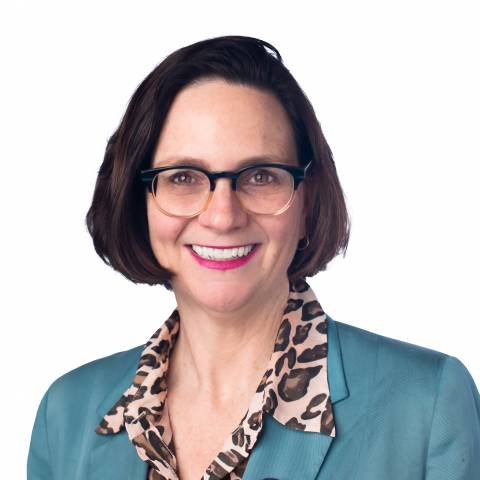The primary mission of the University of Washington is the preservation, advancement, and dissemination of knowledge. The University preserves knowledge through its libraries and collections, its courses, and the scholarship of its faculty. It advances new knowledge through many forms of research, inquiry and discussion; and disseminates it through the classroom and the laboratory, scholarly exchanges, creative practice, international education, and public service. As one of the nation's outstanding teaching and research institutions, the University is committed to maintaining an environment for objectivity and imaginative inquiry and for the original scholarship and research that ensure the production of new knowledge in the free exchange of facts, theories, and ideas.


















